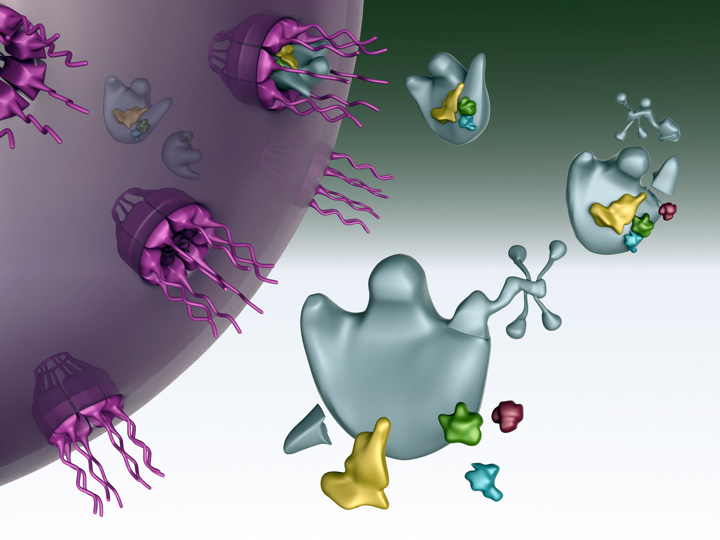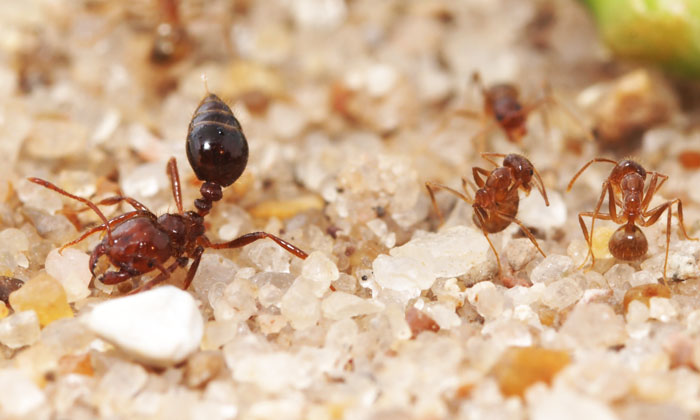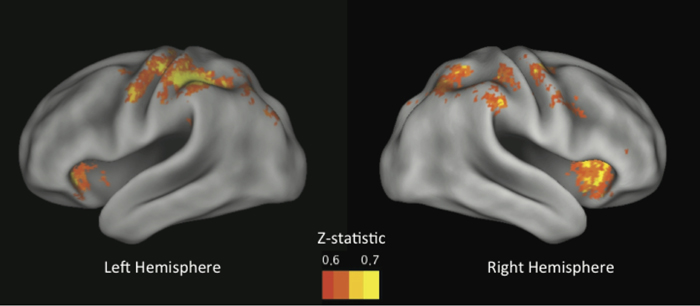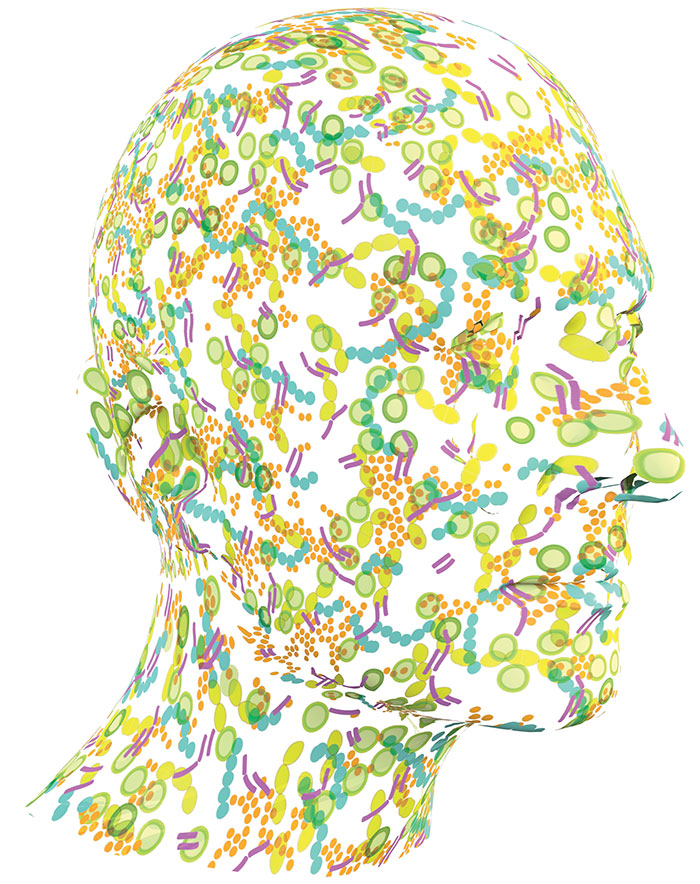Researchers Discover Possible New Target to Attack Flu Virus
Scientists at The University of Texas at Austin have discovered that a protein produced by the influenza A virus helps it outwit one of our body's natural defense mechanisms. That makes the protein a potentially good target for antiviral drugs directed against the influenza A virus.





























